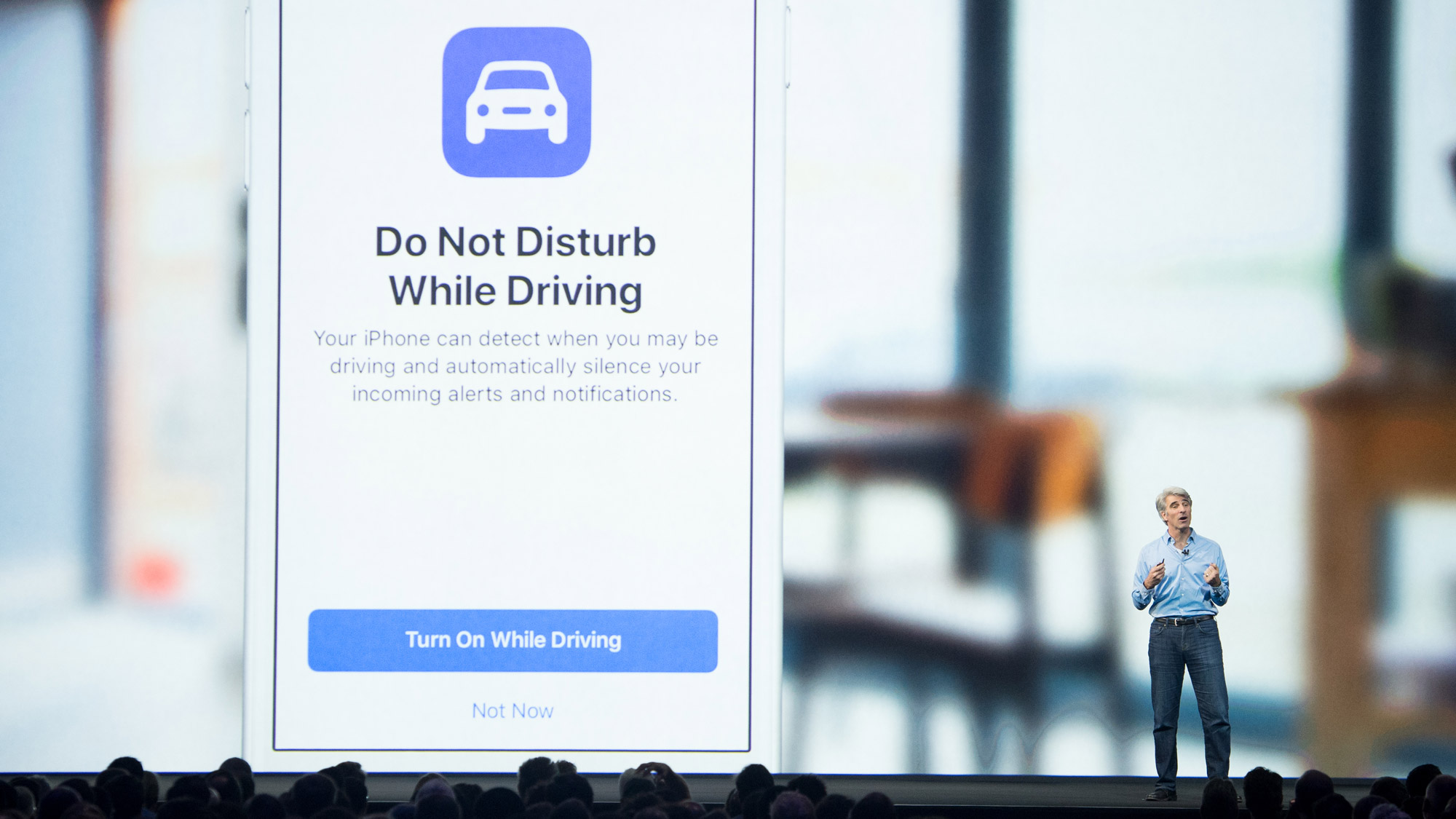The Apple Car Is Back On, But Slipping Further Away: Report [Update]
It's beginning to feel like rumors of the Apple Car will outlive us all. As time continues its relentless march, we'll continue to be subject to the same will they/won't they reports, circling the merry-go-round with headlines about how it's on or off again, or how Cupertino's once again poached a Tesla engineer. The only thing that will change is the year.
By the sound of it, we are firmly back in the "on" position of the Apple Car rumor cycle, though the fruits of the company's labor won't be observed for another five years minimum. This comes according to a report from Bloomberg's Mark Gurman, sourced from "people with knowledge of the efforts" who requested not to be identified.
Gurman notes that Apple's automotive program, which began with the intent to produce an actual car, then regressed to concern only autonomous driving software, is now back on track toward the original goal. Unfortunately, it seems the combination of nebulous objectives and constant personnel changes may have tacked on yet more years to a journey that was never destined to end quickly to begin with.
Still, some Apple engineers on the project believe the company could release a product in five to seven years if Apple goes ahead with its plans. The car is nowhere near production stage, the people said, though they did warn timelines could change. They asked not to be identified discussing sensitive, internal work. The majority of the team is currently either working from home or at the office for limited time, slowing the company's ability to develop a full vehicle. An Apple spokesman declined to comment.
Oh yeah, and the global pandemic isn't helping things, either.
Although so much of Project Titan — Apple's internal name for the effort — remains shrouded in secrecy, the consensus is that it was initially approved in 2014. Over the past six years, hundreds of individuals have been hired and moved off the project, with one key employee, Doug Field, having left Apple for Tesla in 2013 to work on the Model 3, before returning to the tech giant in 2018. Before his Tesla tenure, Field was VP of Mac Hardware; currently, he holds the title VP of Special Projects.
News has been ramping up as of late. In December, there were two critical reports — one from analyst and Apple soothsayer Ming-Chi Kuo, and another from Reuters — that the company was targeting a mid-decade unveiling. However, the timelines slightly differed, with Kuo predicting a launch between 2025 and 2027, and Reuters saying Apple was eyeing 2024 for production. Since it's easy to miss the nuance of those terms, I'd like to stress that "launch" and "production" are often used interchangeably even though they don't always mean the same thing. A publicized launch could precede production by months, and production, of course, precedes sales.
Bloomberg's report today appears to square up more with Kuo's timeline than Reuters'. If nothing else, it shoots down notions that the car will materialize at the end of this year, which the Taiwanese newspaper Economic Daily News also reported last month.
With so many mixed messages regarding the state of Project Titan, it's little surprise nobody has any idea what the thing looks like, how it'll work or what Apple believes it can bring to the table that other manufacturers aren't. That last point is a critical one since it doomed the company's efforts to build its own TV sets six years ago. Cupertino typically doesn't sink itself into product categories where it isn't inspired, but according to Bloomberg, the company is hoping to stand out by virtue of the sheer strength of its technology.
A key differentiator would be Apple's ability to integrate its self-driving system, a pricey initiative that has spurred the company to develop its own software, sensor hardware and chip technologies. The goal is to let a user to input their destination and be driven there with little or no other engagement, according to the people familiar with the project.
I'd argue just about every carmaker shares that same goal, though. Let's see who gets there first.
Update Friday, January 8 9:20 a.m. Hours after this story broke, Hyundai issued a statement in response to a report out of South Korea that confirmed it was in early talks with Apple to co-develop electric, semi-autonomous vehicles, according to The Wall Street Journal. The statement also mentioned that Hyundai was one of multiple automakers Apple was in conversation with.
Less than thirty minutes later, Hyundai revised that statement, removing references to other automakers, Bloomberg reported. And hours after that, it removed reference to Apple. The final statement (at this time, anyway):
We've been receiving requests for potential cooperation from various companies regarding development of autonomous EVs. No decisions have been made as discussions are in early stage.
Hyundai shares traded as much as 25% higher in South Korea the day the news broke. It was the company's highest single-day stock surge in 32 years.
